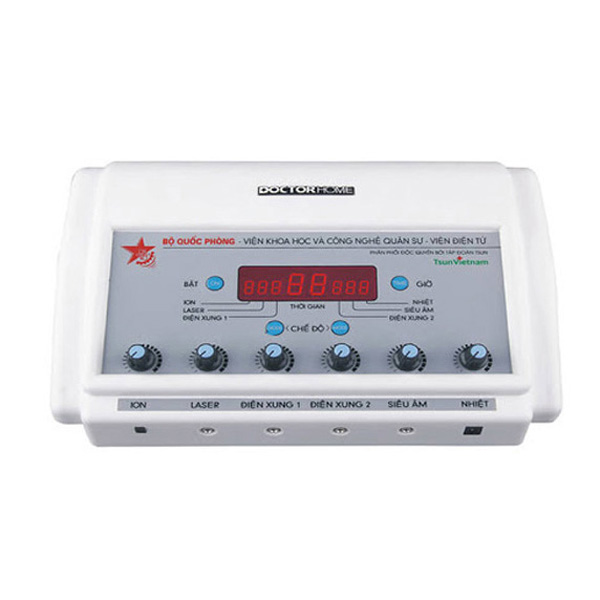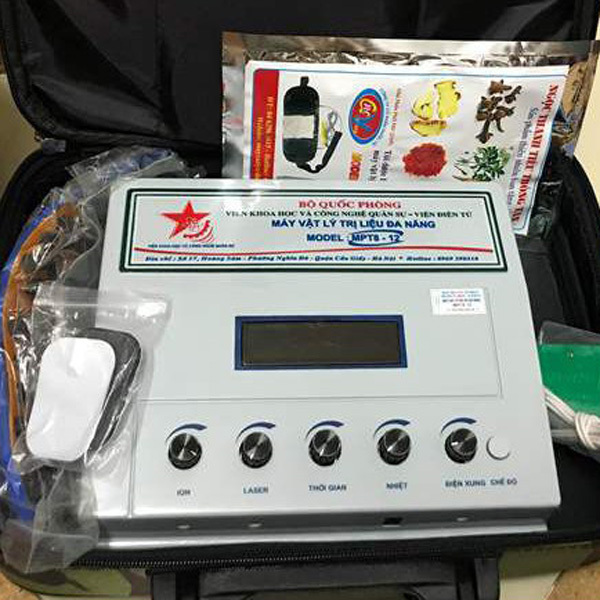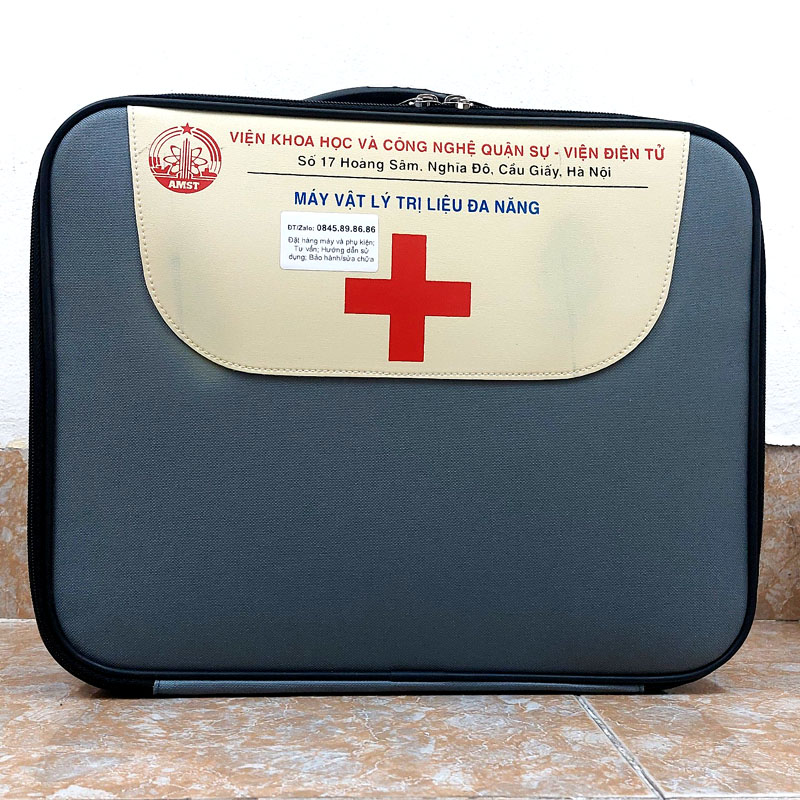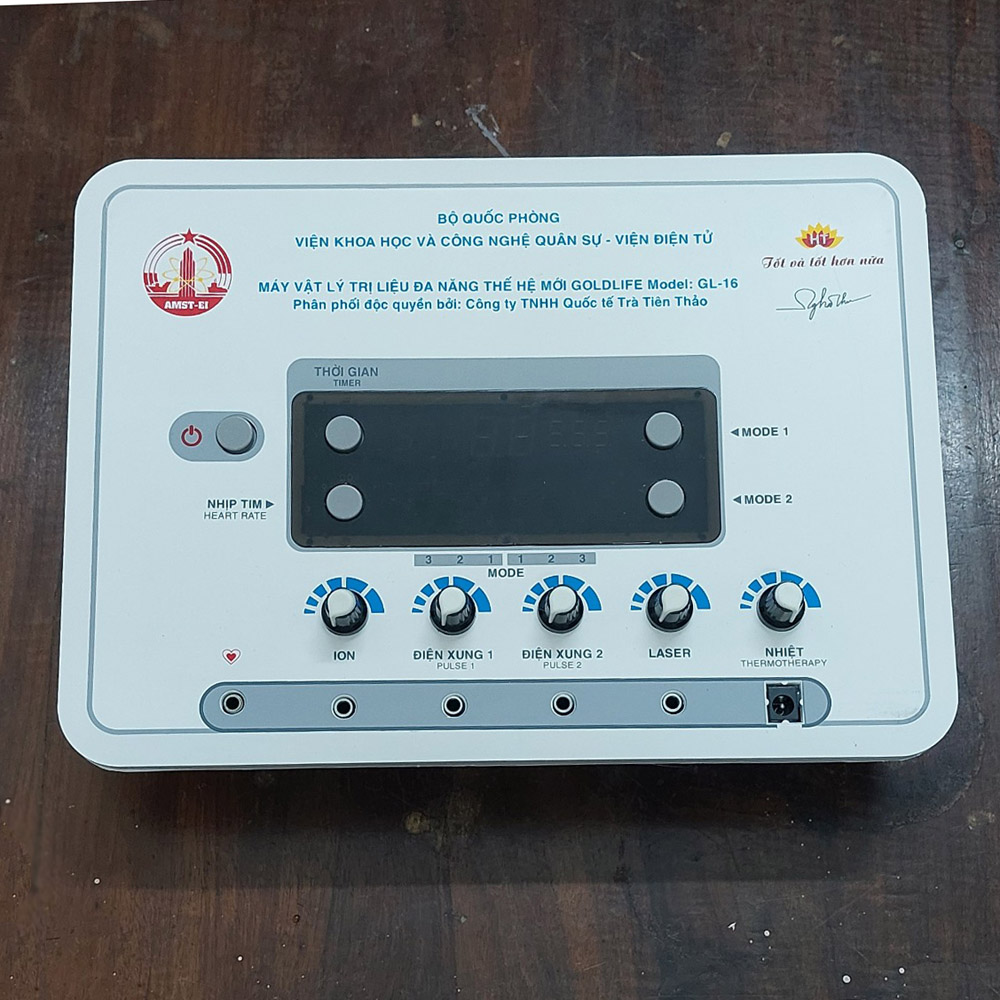Thông tin y học
Mental Well-being for Cancer and Beyond
After a cancer diagnosis, you’ll be concerned about your physical health. But your mental well-being is equally important. It’s crucial that you care for your mind as you would your body.
In the WebMD webinar,
“Mental Wellness for Cancer and Beyond,”
Lidia Schapira, MD, explained why taking control of your mental health after a cancer diagnosis is key. She covered how reducing your stress, finding support, and taking control of your story help you go from victim to empowered survivor.
Schapira directs the Cancer Survivorship Program at Stanford Cancer Institute and Comprehensive Cancer Center, where she focuses on breast cancer and mental health care within oncology.
“What I’ve learned from my experience is that mental well-being is a big part of health,” said Schapira. “It’s very important that you attend to your mental wellness from the moment of diagnosis – and from then on.”
Poll Questions
Công ty Cổ phân TSun Việt Nam
[DoctorHome DH14] Máy trị liệu đa năng DoctorHome DH-14 (tiêu chuẩn)
Máy vật lý trị liệu Bộ Quốc phòng
Hỗ trợ cơ xương khớp chi dưới
Schapira gave strategies for easing the stress of cancer and other serious diagnoses.
A webinar poll found that 74% of attendees cope with such news by learning about their medical condition.
Question: This helps me most when facing a serious diagnosis:
-
Educating myself on the condition: 74% -
Support from my friends and family: 12% -
Staying active and busy: 6% -
Making a plan for what I’ll do next: 6%
Another poll asked about
support
, a known benefit tied to better health and outcomes.
“Connecting with others and receiving support is really fundamental to being able to get through cancer, live with it, and move beyond,” said Schapira.
Over two-thirds of those questioned said they find support through family and friends.
Question: I find support during hardships from:
-
Family and friends: 68% -
Finding purpose in what I’m going through: 16% -
Talking to others facing similar hardships: 14% -
Asking for help with daily tasks: 0%
Continued
How Can You Become an Empowered Survivor?
To shift your mindset, Schapira said it’s important to ask:
-
What do you want to do with the rest of your life? -
How do you cope with fear? -
What is the source of your energy and what sustains it? -
Can you find a purpose within the context of the hardship that’s cancer? -
Can you be open to understanding your needs and vulnerabilities?
“Thinking about these things helps us prepare and have a little bit of a strategy,” said Schapira.
“Cancer is difficult and uncertain at times.
We need to have a plan
for dealing with various symptoms and emotions. This could mean reaching in the medicine cabinet for a prescription, turning on music, having a bath, having a conversation with a friend, and so much more.”
How Does Stress Affect You?
Schapira explained the stress paradox. While we know too much
stress
can be bad, some can be helpful.
“Stress can actually help us mobilize ourselves to think about what we want to do with the rest of our lives,” she said.
Your body’s stress response is designed to meet the demands you face. You can find productive ways to cope with new sources of stress. In some cases, you can turn that stress into something that challenges you to make a plan for what you want out of your cancer journey.
Viewer Questions
How do you mend relationships that were damaged after a cancer diagnosis and during cancer treatments?
How can you become more comfortable asking others for help or relying on others?
Each situation can be so different. But it’s always good to figure out if a conversation can help. If you need special help with the conversation, maybe you can bring in a mediator or somebody else. But the reality is that sometimes, there are relationship shifts.
Sometimes, we have a friend whom we thought would be more helpful and “be there” for us after a cancer diagnosis, but they weren’t. This relationship may be affected forever. But we might also receive kindness from people who we didn’t expect to get it from. And that may bring these people closer.
Continued
All of these shifts in relationships may happen after a cancer diagnosis.
Sometimes, relationship changes require attention. It may be difficult to navigate this. But if it’s possible to repair relationships. If there’s enough love and trust, it’s possible.
Within your relationships, you may feel you need to ask for help or rely on others after a cancer diagnosis. Having the courage to ask for help, and allowing yourself to do so, is important.
Be compassionate with yourself. Know that it’s OK to ask for a little extra help. You’re not “failing” by asking for support.
To get more comfortable with this, start by asking someone you trust or love. Ask questions like, “I wish you could be there with me when I hear the results of my scans,” or “I’m having trouble coping with all of these things I’m doing for the kids. Could you come and take over for me for just an evening?”
Whatever it is, be specific about what you need. Starting with an ask that seems manageable. And then, if they’re helpful, you can begin to ask for more help.
You may feel you can do everything yourself. But that’s a quick way to get overwhelmed. Don’t let yourself get to this point.
If you can ask for help, do it. If you’re really stuck and don’t have someone to go to, talk with your cancer care team and see if they’re able to offer support.
How does cancer fog or “chemo brain” affect mental health?
Is it hard to sustain life lessons and coping skills from cancer long term?
Cancer fog and
“chemo brain”
refer to thinking and memory issues that can happen during and after your cancer treatment. Having cancer in general can also affect your ability to focus.
There’s a whole spectrum of things you may notice. You may be distracted, anxious, or have a hard time remembering things. For some, this can be a serious side effect or problem that requires professional help.
Continued
There’s a lot of research about ways to map out areas of your brain affected by cancer fog or “chemo brain.” Experts track these symptoms to understand more about them.
Some experts suggest using techniques similar to ones used for an older brain. You may be able to help your cancer fog through games, puzzles, or cognitive therapies that help you stay sharp.
But cancer fog and “chemo brain” remain challenging. You might be unable to return to your job because you can’t perform as quickly or precisely as before. This can affect many aspects of your life, including your mental health. If this is happening to you, bring it to the attention of your cancer care team. You can get an evaluation and speak with them about ways to treat this symptom.
On the flip side, there are many skills you can take away from your cancer journey. Resilience, or posttraumatic growth, happens when you go through a life-threatening challenge like cancer. When you face intense distress, you may develop a new level of strength you didn’t know you had.
These experiences can lead to more meaningful lives. And that can extend to your circle of loved ones. Especially with children who’ve seen a parent go through cancer. They tend to become more resilient.
You may feel better able to manage other types of stress when you’ve been able to manage cancer. You’re able to manage other challenges and crises in your life.
This is why it’s important to address mental health and mental well-being during and after cancer. There are ways for you and your loved ones to become stronger and live life more intensely.
Are mental health issues related to cancer usually short or long term?
Should mental health counseling be part of every cancer treatment plan?
There’s a spectrum of
mental distress
that can develop from a cancer journey. You may feel distressed, afraid, or anxious. In other cases, these emotions can develop into more physical symptoms. They may affect your sleep, your ability to perform, or your mood. You may become depressed, develop posttraumatic stress disorder (PTSD), or have other heightened mental health issues that require help from an expert.
Continued
Everyone’s cancer experience is different. If your symptoms create issues in your life (short-term or long-term), you may want to have an assessment where a mental health expert spends time asking questions. They can find the therapy, medication, or other option that helps you best.
Remember, it’s not a sign of weakness to need extra support. It’s crucial that you manage your mental health. This helps you minimize long-term issues, even after your cancer is cured.
In an ideal world, mental health care would be a part of everyone’s cancer care. But in the U.S., there aren’t enough mental health professionals to care for everyone with cancer.
Since there’s not a formal 1:1 mental health care during cancer treatment, be quick to ask for help if you need it. It’s important to learn what mental health is. This could mean learning new relaxation methods or picking up meditation.
Most places that offer cancer care, either in community settings or cancer centers, do have mental health teams. So it’s crucial that you ask what’s available.
Watch a replay of the WebMD webinar,
“Mental Wellness for Cancer and Beyond.”
Watch other free
WebMD webinars by leading experts
on a variety of health topics.
Công ty Cổ phân TSun Việt Nam
[DoctorHome DH14] Máy trị liệu đa năng DoctorHome DH-14 (tiêu chuẩn)
Máy vật lý trị liệu Bộ Quốc phòng
Hỗ trợ cơ xương khớp chi dưới













